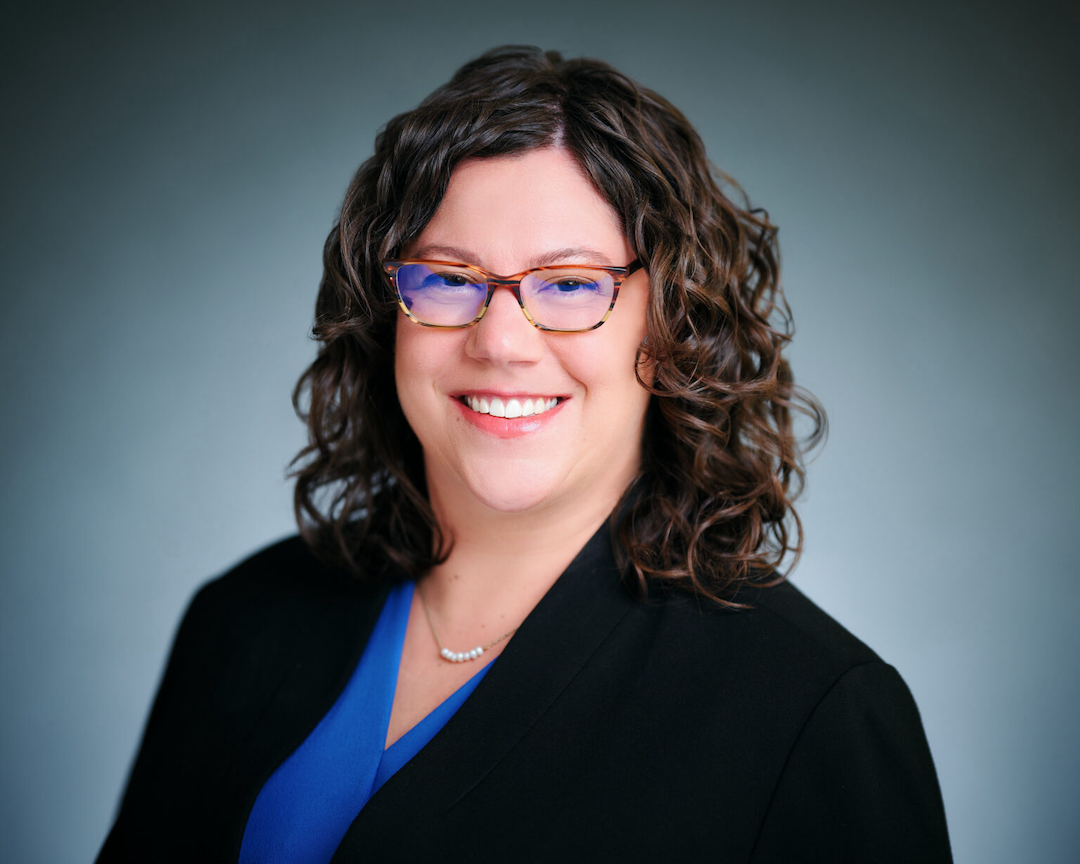Tell us about your career path after law school.
Right now, I am the Deputy Legal Director at the Washington Lawyers’ Committee for Civil Rights and Urban Affairs, where I have the privilege of bringing strategic litigation to address racial inequities across a number of different issue areas. I wasn’t always sure I would litigate - after law school, I was an Equal Justice Works Fellow, sponsored by Crowell and Moring, at the ACLU of DC. There, I developed a project to represent students facing unfair and discriminatory school discipline in DC. I then moved that project to the UDC Davis A. Clark School of Law’s Juvenile and Special Education Clinic, where I taught and supervised law students representing students in discipline and special education hearings. Both of those experiences were wonderful opportunities to do direct services, and I was also eager to do more community-based lawyering. I then spent about six years at Advancement Project, where I worked on the Opportunity to Learn team on education justice issues across the county, and in partnership with parent and youth led community groups. In 2018, I left Advancement Project for the Washington Lawyers’ Committee, where I have been able to get back to working on local issues with a national impact.
Throughout my career, I’ve also had the privilege to adjunct at GW Law, with the International Law Journal, and at Georgetown University Law School, with the Juvenile Justice Clinic and the Human Rights Institute.
What made you decide be a part of the GW Law Public Interest Advisory Council?
The idea of creating a space for alumni to connect with and answer the call of public interest law students looking to enhance their public interest community really resonated with me! I wanted to find a way that I could support.
Have there been any particularly rewarding or challenging experiences serving on the council?
I have really loved connecting with other alumni in the public interest field, both folks who I have not had a chance to meet before and old friends. The public interest world is really interconnected, so I’ve been able to learn about organizations and work that influence my own practice.
As an active volunteer why do you think it's important for alumni to remain connected with each other and current students?
I have found volunteering at the law school to be extremely rewarding. Aside from meeting so many students, which I find invigorating, it has also put me in contact with many of my classmates and other alums at the law school, to say nothing of allowing me the opportunity to meet law school faculty, administration, and especially the Dean. It's a wonderful group of people and I have really benefited from getting to know them and reconnect with them.
What other ways do you give back your time to the school?
I try to take advantage of opportunities to be with students – whether through networking events, mentoring, or career opportunities.
As an active volunteer, why do you think it’s important for alumni to remain connected with each other and current students?
By all working together, we can create a stronger and more vibrant public interest community at GW and in our own networks. I remember as a law student really hungering for the opportunity to connect with people who were doing the work, and who had made public interest their careers. I am grateful for the opportunity to be able to offer that back. As alumni, we can also learn so much from current students
What advice do you have for fellow alumni who would like to become more involved with the law school?
There are so many opportunities! Find one that speaks to your interests and capacity. I know how hard it can be to add another thing to your plate, but there are lots of different ways to get involved. Alumni have so much to offer.
Is there a class or experience during your time as a student at GW Law that you found particularly helpful or impactful?
I really appreciated the opportunities for experiential learning, through clinic and through externship programs, that allowed me to be in the field and practice my skills.
If you could go back in time, what advice would you give to yourself as a 1L?
To know that careers are long and there are lots of choice points along the way – you are not locking yourself into a subject matter or type of practice with your first job, and there are amazing opportunities throughout your career to shape it.


